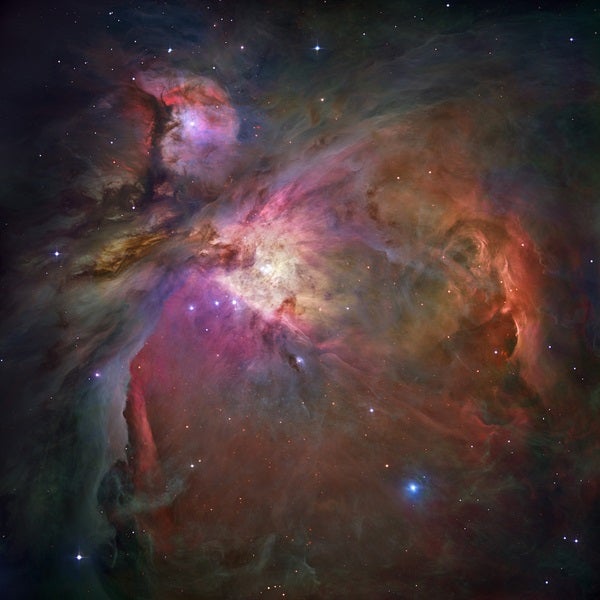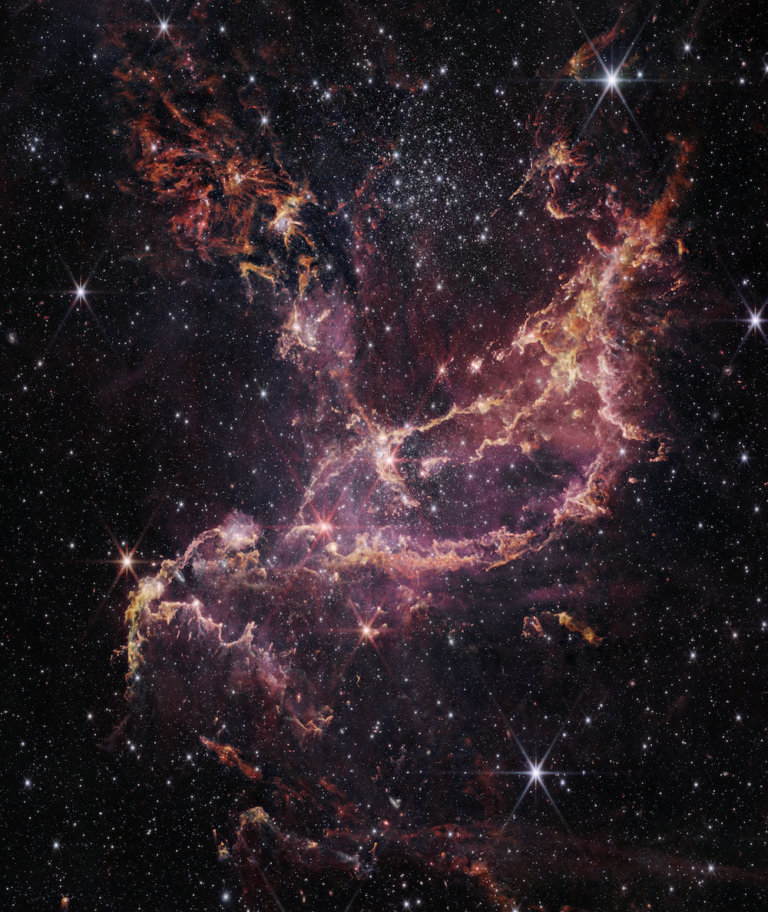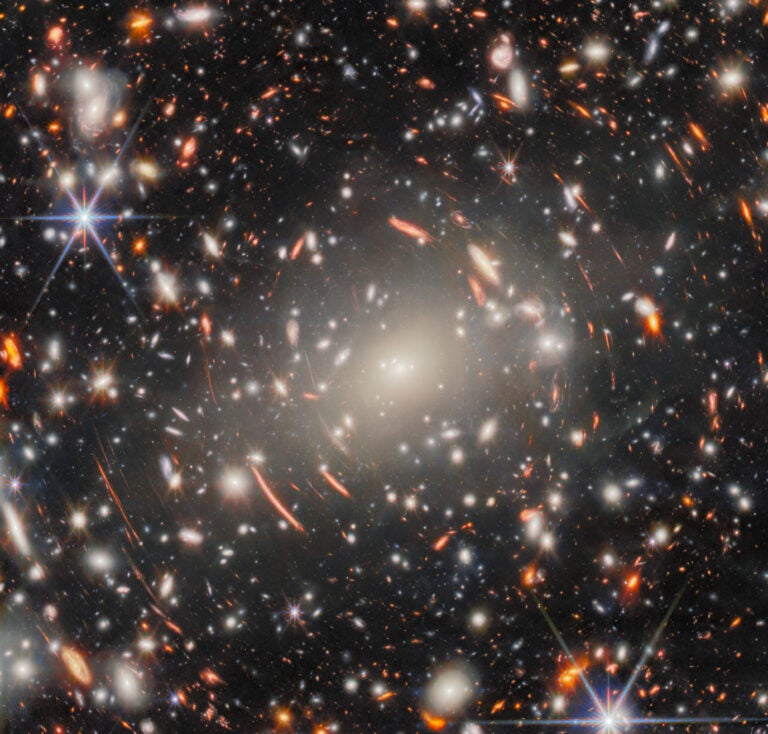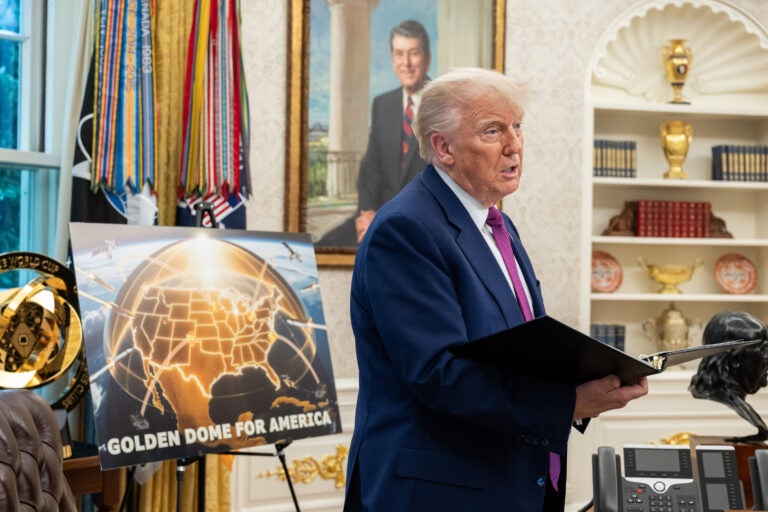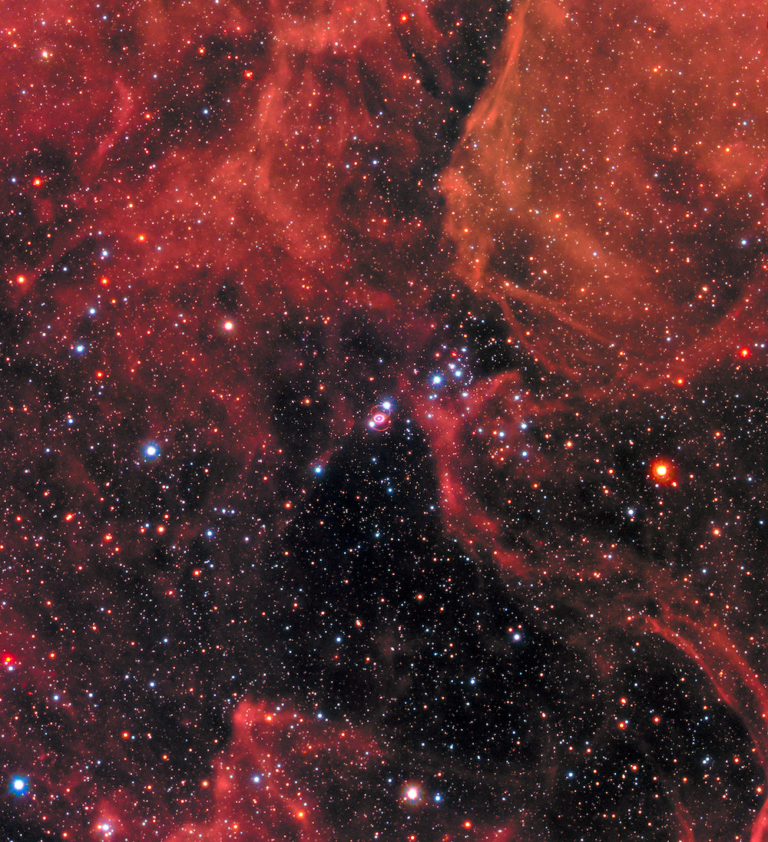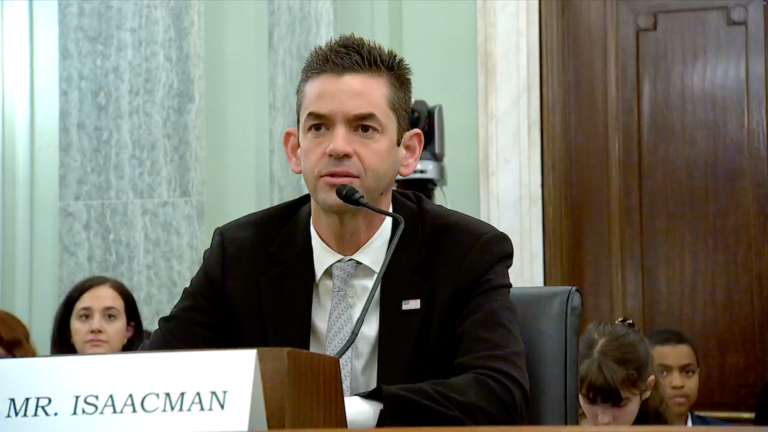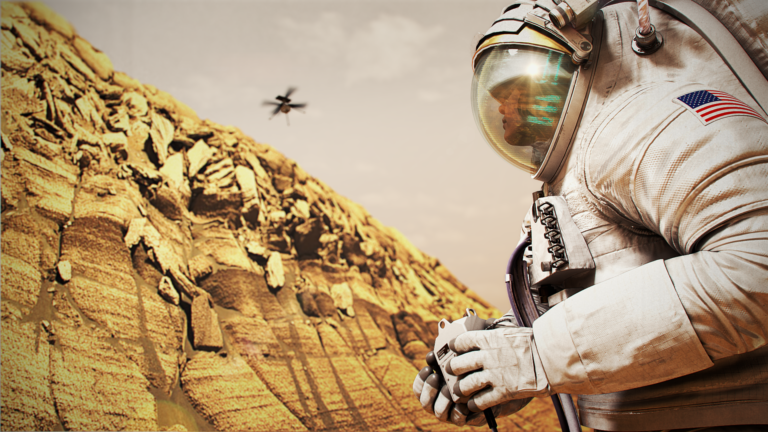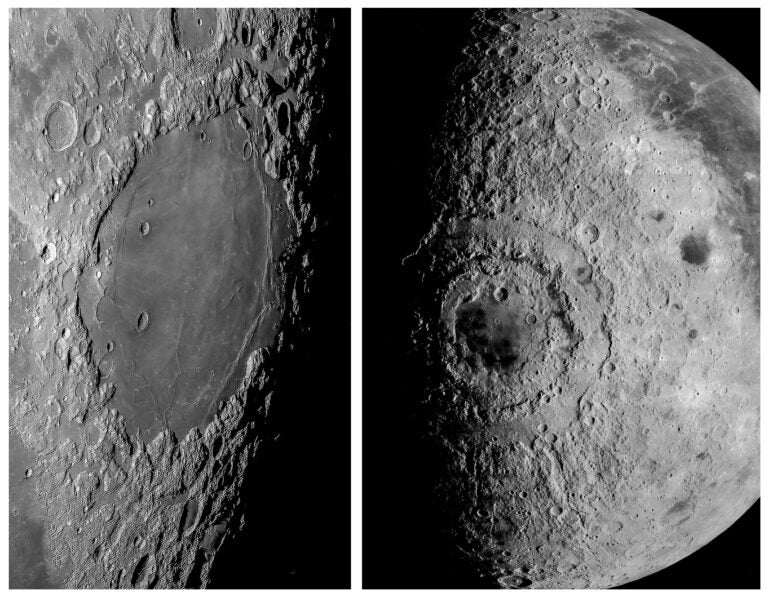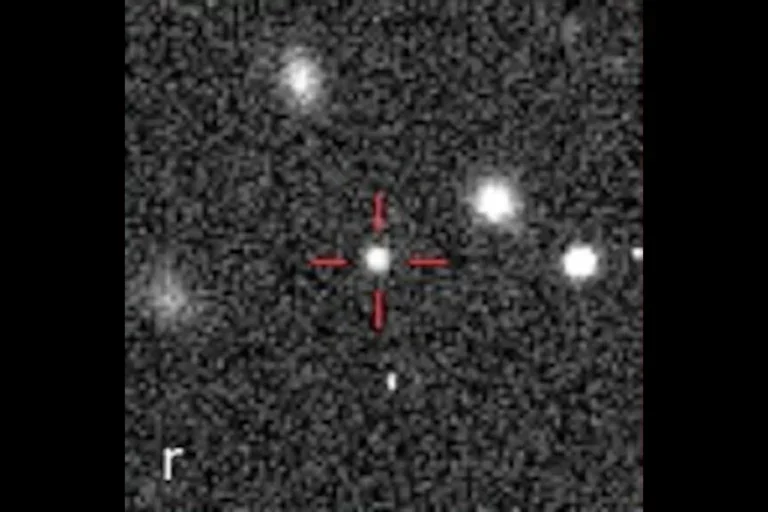Nearly nine years ago, this page explored randomness and its apparent ability to generate the universe around us (see my January 2013 column, “It’s random”). Since then, science articles have continued to cite chance — such as a planet happening to sit a specific distance from its parent star — as the presumed mechanism for life on exoplanets.
It’s tempting to attribute natural phenomena to chance because we already see it operating widely. For example, it’s how evolution works. The problem is that few people seem to understand the limits of chance. I think it’s time to give this subject a deeper look.
Let’s expand on some of my previous examples: Consider putting eight books on a shelf. How likely is it that their titles will appear in alphabetical order? You’ll find the odds by multiplying 8 x 7 x 6 x 5 x 4 x 3 x 2 x 1 — pronounced “eight factorial” and written as 8! — which equals 40,320. That’s how many ways eight books can be arranged. But only one of those ways puts them in alphabetical order. This will surprise most of us. Who would expect such long odds? After hastily putting up eight volumes and noticing they’re perfectly alphabetical, it might seem more plausible that we’d witnessed a 1-in-50 curiosity than a 1-in-40,000 miracle.
More important than such statistical surprises is whether we apply randomness correctly. Scientists occasionally argue an event should be studied because it’s so unusual by committing the statistical felony of calculating its likelihood after it has happened. We might say the Orion Nebula’s gull-wing pattern is a 1-in-a-million phenomenon. But those odds are valid only if we calculated them before the nebula’s creation. Once M42 exists, its chances of looking as it does become 100 percent! It’s no longer unlikely in the least.
Perhaps the most famous statistical illustration of randomness is the monkeys-and-typewriters thought experiment. If a million monkeys typed randomly on a million keyboards for a million years, they’d supposedly create the Encyclopaedia Britannica. True?
We figured it out on this page nearly a decade ago. But we limited the task to creating the opening line of Moby Dick: “Call me Ishmael.” Now, keyboards offer many places to push — manual typewriters have 58 keys. So, to create Moby Dick’s 16 opening characters (including spaces and punctuation), how many random tries are needed?
Given 58 keys, it would be 58 x 58 x 58 x 58… 16 times over, or 16.4 trillion quadrillion attempts. But remember we have a million monkeys working; let’s say they faultlessly type 45 words a minute so the combined keystrokes in each attempt take just four seconds. How much time before there’s a 50-50 chance that one monkey finally types “Call me Ishmael”? The answer is 2,100 trillion years. That’s 153,000 times the age of the universe.
So, the monkeys/typewriters thing is bogus. Even a million simians typing furiously would never even reproduce one book’s short opening line.
My cautionary point nine years ago and again today is to avoid overly crediting the power of random causation, whether through monkeys or molecular motion. We may observe complex earthly phenomena such as brain architecture, marvel at the exquisitely life-friendly values of dozens of physical constants such as the strong force, or even someday find alien life and ponder how it arose. But we shouldn’t lazily assume their explanation is randomness operating over a long period of time. In most cases, this supposition is simply not useful. It seldom advances our knowledge because, as we’ve seen, we assign it far more potency than it actually possesses.
Chance is a valid causality method, and a powerful one. But we need to recognize its inadequacy when excessive complexity is involved and more fundamentally guard against applying it after the fact.
Where does this leave us? At some point in our lives, we’ve all wondered about the causality of big issues. Astronomy is peerless at provoking such torment. If chance is grossly overused but we also want to avoid religious explanations, what’s left?
Count me among the many who, when contemplating this astounding universe, perceive Nature as exhibiting some sort of underlying intelligence. We seem immersed within a mysterious, genius architectural substrate so deep we haven’t yet begun to poke it with our clumsy fingers. Alas, even if true, this hypothesis may be no more helpful to scientific progress than simply leaving everything … to chance.

